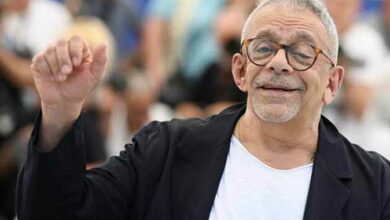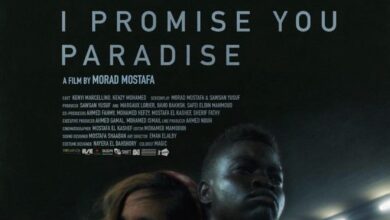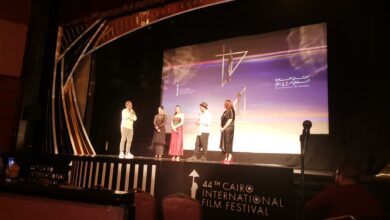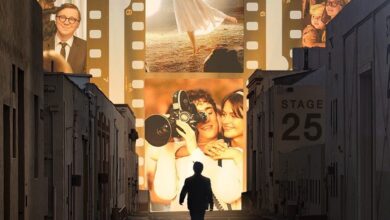“I Saw the Sun” by screenwriter and director Mahsun Kirmizigül, part of the main competition at this year’s Cairo International Film Festival, traces the history of three Kurdish families forced by the Turkish military to abandon their village at the Iranian border.
“The State that we have just created is a Turkish State” declared Mustafa Kemal (later known as Atatürk) in the early 1930s. The huge Kurdish community that was gathered in mountain villages close to the Iranian and Iraqi borders were deprived of their identity and referred to as “mountain Turks.” Their language was banned, along with their schools and religious institutions.
Kirmizigül’s latest movie, “I Saw the Sun”, is the first to tackle the sensitive issue of forced migration imposed on villagers located in the south-eastern region of Turkey. “This story has been going on for a 100 years”, explained Kirmizigül in the press conference that followed the film’s screening on November 11.
The violent Kurdish rebellion started in the early 1920s, fuelled by frustrations over the forced displacement of the Kurdish population and their disenfranchisement. Although the 1980s witnessed a strong PKK (Partiya Karkerên Kurdistan – Kurdistan’s Workers Party) insurgency, it did not pose a serious threat to Turkey’s unity until 1991 and the end of the Gulf War. Saddam’s government in Iraq was seriously weakened in the war’s aftermath and the rebellions that began in the north of Iraq soon spilled into southern Turkey. To quell the budding uprising, the Turkish authorities launched a massive counteroffensive against the Kurdish guerrillas, and it is against the backdrop of this campaign that film’s story unfolds.
“I Saw the Sun” tells the tale of three families forced, like the rest of the villagers, to leave their homes. The principal tactic used by Turkey to crush the PKK rebellion consisted of ridding hilltops villages of their inhabitants, believed to be sympathetic to the guerrilla’s cause. By the early 1990s an estimated 2,000 Kurdish villages had been destroyed and 750,000 people had to seek refuge in the main western cities, such as Istanbul or Ankara. Depending on the villages and the threat they posed to Turkey’s unity, the villagers would receive an evacuation notice, often at gunpoint, that gave them anywhere from a few hours to a few months to leave their homes.
In the film, we see Haydar Altun, his wife and children decide to settle in a poor neighborhood in Istanbul where they have relatives. His brother, Isa Altun joins him in Istanbul while Davut Altun, his wife and their son decide to emigrate illegally to Norway. Davut Altun has two sons. The first joins the Turkish military, since, as the film depicts, there were not many other options for the young men of the village, while the other joins the guerrilla movement and gets killed. It is this kind of duality and sympathy to the PKK’s goals that the government’s “search and destroy” policy attempted to eliminate.
The movie portrays the experiences of these different characters who struggle to find their footing in alien surroundings. Although Norway at first appears to Davut Altun and his family as a haven of liberty and human rights, they are arrested soon after their arrival by authorities who want to deport them back to Turkey. But the experience of exile is just as harsh for the two families who remain in Istanbul and brutally come face to face with a bewildering modernity and behavior they consider deviant.
The only character who actually flourishes in Istanbul is Haydar and Isa’s younger brother. His homosexuality, already clearly present in the village through his delicate mannerisms and passion for women’s activities, blooms in the city of Istanbul when he meets his transsexual friend-to-be. He is the only one to experience freedom and fulfillment from immigration, as opposed to the rest of the family, which experiences a series of tragedies that reveals how poorly adapted they are to their new surroundings.
“I made this movie for peace and for the young generation,” explains Mahsun Kirmizigül, who has been screening his movie all over Turkey. The point of the movie, by depicting the military’s harsh reaction to the rebellion and the devastating effects of its actions on civilians, he claims, was to “condemn all discrimination and ‘otherization’ and stress that war, fighting and contempt for anyone unlike oneself are the very problem.”




